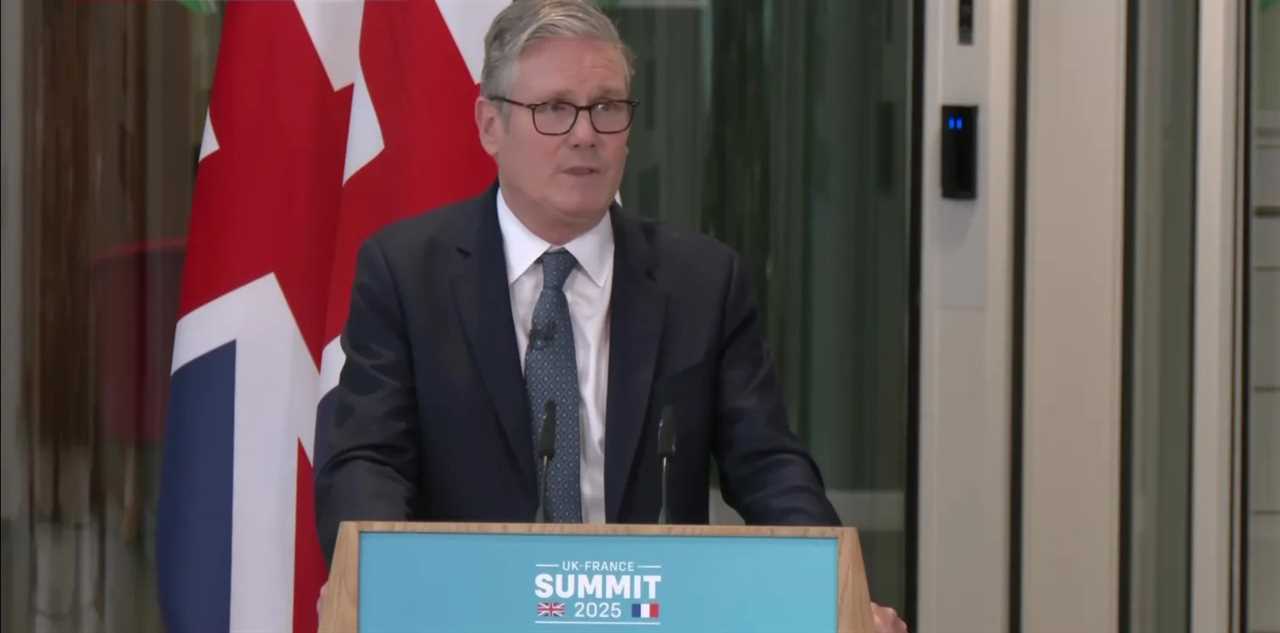
As Sir Keir Starmer and Emmanuel Macron announce an "aggressive" one-in-one-out deal to repatriate small boat migrants to France, a complex ethical and humanitarian debate unfolds. The scheme, aimed at deterring illegal crossings, promises to send undocumented migrants back while offering legal pathways for others with legitimate claims. This move comes amidst a backdrop of rising global migration challenges and heightened scrutiny on border policies across Europe.
The wider context: Ethical implications of the migration deal
This controversial agreement signals a shift towards enforcement-driven migration policies, raising questions about the treatment of vulnerable individuals seeking refuge. Critics argue that detaining and returning migrants may not address the root causes of irregular migration or provide adequate protection for those fleeing conflict or persecution. The emphasis on deterrence and border control reflects broader trends in European migration management, highlighting a tension between security concerns and human rights obligations.
Human rights at the forefront: Balancing security with compassion
While the proposal aims to disrupt smuggling networks and enhance border security, concerns linger about the impact on migrants' rights and well-being. The emphasis on detention and rapid returns risks overlooking the complexities of migration journeys and the diverse needs of asylum seekers. As the UK and France collaborate on this contentious strategy, questions arise about the ethical implications of prioritising deterrence over protection and solidarity within the international refugee framework.
Policy in action: Navigating the complexities of migration governance
By introducing a system of returns and legal routes, the governments attempt to address the challenges posed by irregular migration while upholding commitments to asylum seekers' rights. However, the limitations of this approach are evident, as the numbers eligible for return remain modest compared to the scale of arrivals. The intricacies of migration governance require a nuanced understanding of push and pull factors, structural inequalities, and the need for comprehensive, rights-based solutions that go beyond enforcement measures.

Shared responsibilities: A call for collaborative and ethical responses
Amidst the backdrop of political negotiations and security concerns, a pressing need emerges for a more humane and inclusive approach to migration governance. Acknowledging the complexities of displacement, conflict, and poverty that drive migration, policymakers must engage in dialogue with affected communities, civil society, and international partners to develop sustainable, rights-respecting solutions. The ethical dimensions of migration policies underscore the importance of upholding human dignity, compassion, and solidarity in addressing one of the defining challenges of our time.






